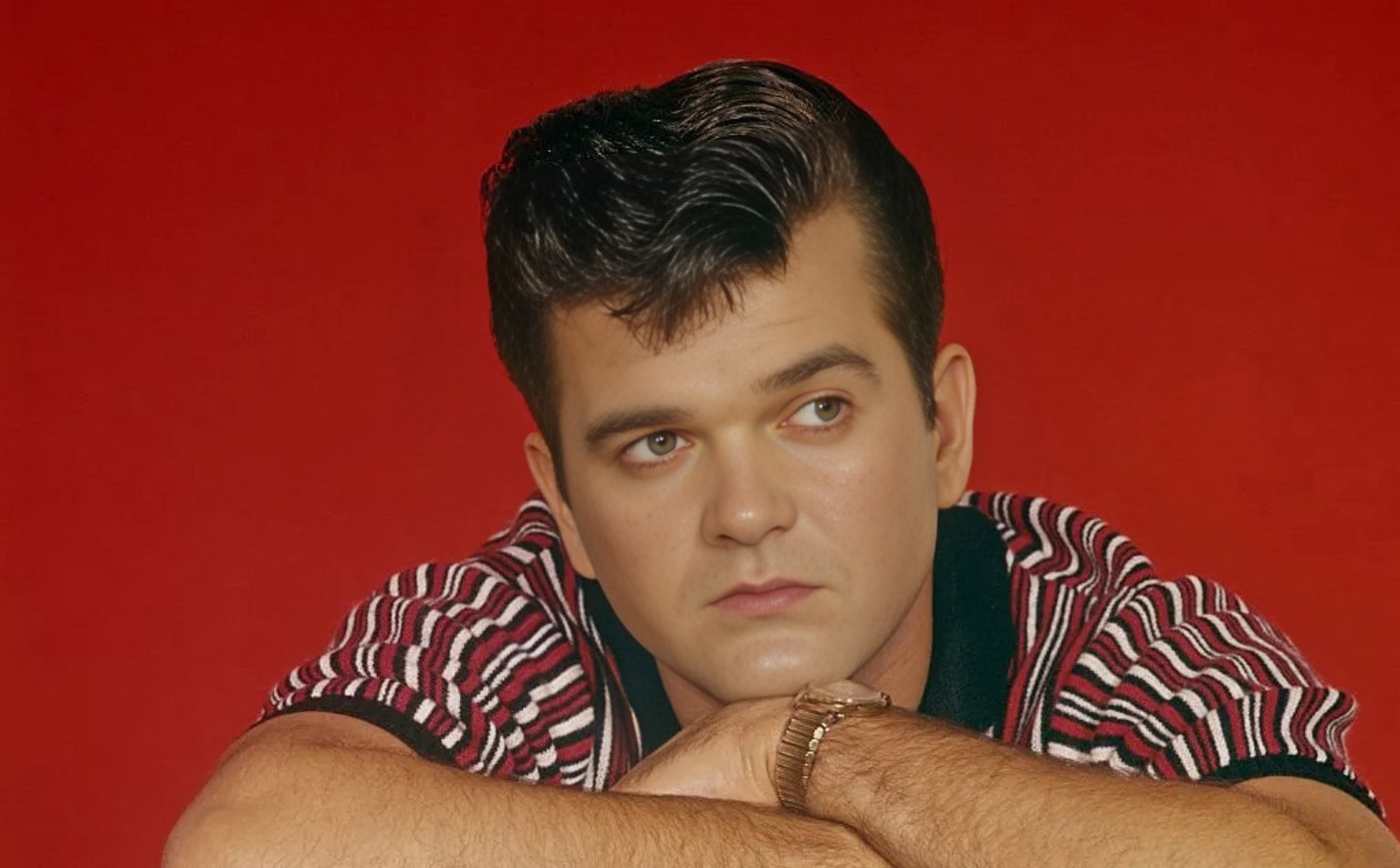
“It’s Only Make Believe,” a timeless classic by Conway Twitty, remains a cornerstone of both country and rock and roll history. Twitty, born Harold Lloyd Jenkins in 1933, was a versatile performer who initially aimed for rock and roll stardom before finding his niche in country music. He possessed a distinctive, emotive voice and a flair for storytelling that resonated deeply with audiences. Before his country success, he scored several pop hits, and “It’s Only Make Believe” was his breakout moment, achieving the top spot on the Billboard Hot 100 chart in 1958 and catapulting him to international fame.
The song itself is a poignant ballad about unrequited love and the painful charade of pretending. The narrator is deeply in love with someone who doesn’t reciprocate those feelings, forcing him to act as if he doesn’t care, all while his heart aches. He sings about the facade he puts on, the “make believe” world he inhabits to shield himself from the pain of rejection. This universal theme of longing and hidden emotions struck a chord with listeners, solidifying its place in musical history.
“It’s Only Make Believe” wasn’t just a commercial success; it resonated with listeners on a profound emotional level. Fans connected with the raw vulnerability in Twitty’s voice and the relatable narrative of pretending to be okay when deeply hurting. The song has been praised for its simplicity, its powerful melody, and Twitty’s captivating performance. Decades later, it continues to be a karaoke favorite and a staple on classic rock and country radio, a testament to its enduring appeal and the timeless power of its message. Even those unfamiliar with Conway Twitty can readily recognize the song, a true testament to its cultural impact.